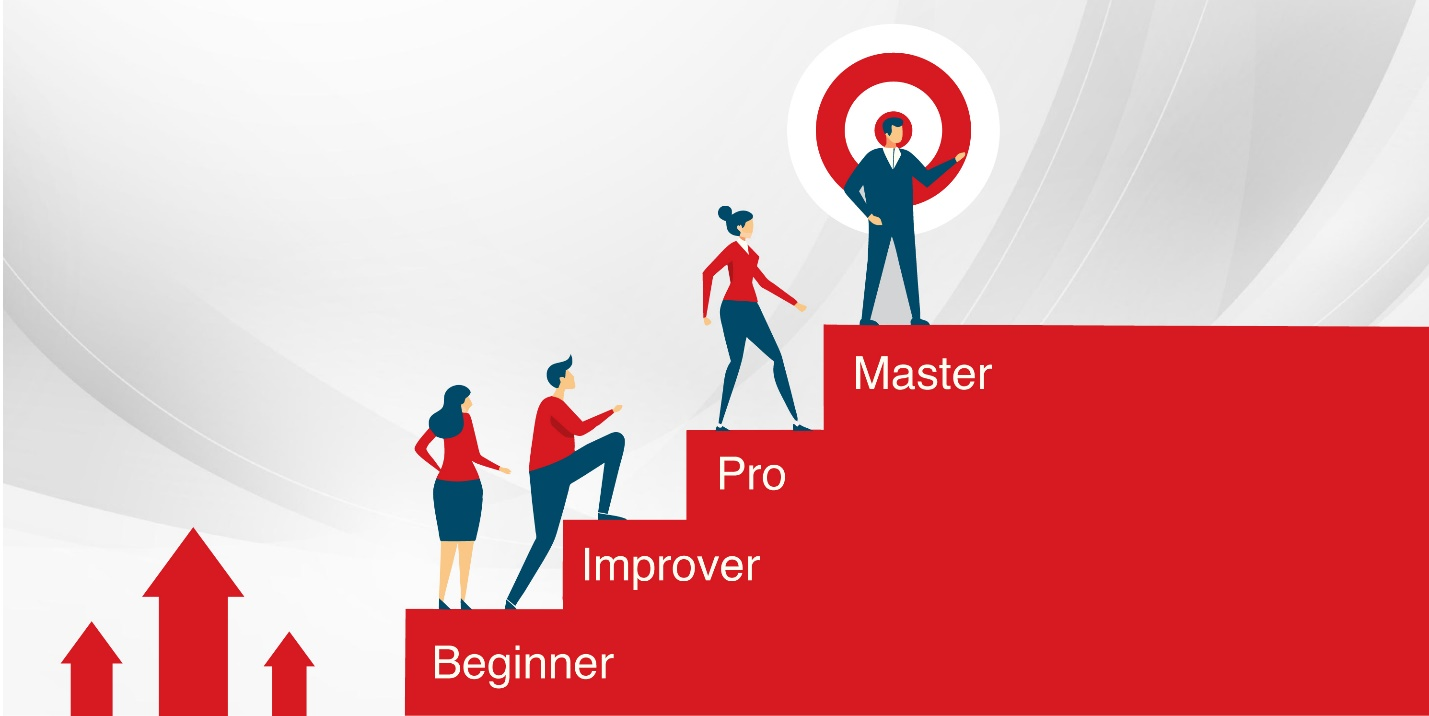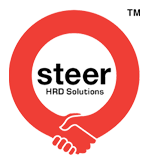Realistic Expectations: The Foundation to Building a Great Team

More often than not we hear business owners complain about their team. Probably same is the frequency of their employees complaining about them.
One crucial factor in improving employer-employee relationship is expectation setting.
In this blog, we will dive into how to have “realistic” expectations depending on a person’s proficiency level.
Acing this fulfils a dual purpose:
- The employee does the allocated work well and feels good about it. They find the environment nurturing, feel appreciated and are naturally motivated to learn and do more. This rockets them to higher levels of proficiency faster.
- The business owner is at peace. Work is getting done. People are keen to grow and learn more.
Let us first look at a team of employees. Any team can be divided into four levels of proficiency. Each team member needs to be assigned work as per their level of proficiency.
The four levels are:
- Beginners
- Improvers
- Pros
- Masters
Beginner level
The person is a fresher with 0-2 years of experience. Even if they have some prior experience, your organization and processes are new to them. When beginners are being assigned tasks, they need to be explained processes and functioning in a structured fashion.
| Realistic expectations | How can you help? |
| Beginners are likely to make simple clerical mistakes that may seem illogical to you. However, be aware that for any work to become flawless – it needs to become intuitive; this requires a few months depending on the grasping power of the person. The more you highlight their mistakes at work, the more time it will take them to do the tasks flawlessly. | Positive steps by you can help an employee cross this stage sooner. Here is what you can do:
|
Improver level
These are people joining with 2– 5 yrs of experience. Somebody else has previously put effort in training them. They are able to do tasks faster and with moderate to high proficiency. For improvers, you can allocate tasks and take day plans (read this blog for more on day plans)
| Realistic expectations | How can you help? |
| Although they can do tasks well, they have not developed the skills for time and resource management. Do not expect them to plan their day, organize their time, and also teach other people. Criticizing them for not doing so, will lower their motivation and reduce efficiency. | Appreciate their speed and accuracy at tasks.
|
PRO level
These are people with 5-10 years of experience. At this stage, you can allocate them a team and set goals for their team.
| Realistic expectations | How can you help? |
| Although they have mastered their work, they are still learning how to manage resources and situations. Do not expect them to strategize or take risks. They are not likely to contribute toward deciding the way forward for your company. | Here is how you can help them surpass your expectations:
|
Masters level
These are people with 10+ years of experience. For people at this level, you give goals for their departments or teams.
| Realistic expectations | How can you help? |
| These employees are great at their tasks and can manage time and people. However, you need to allow them time to develop skill sets for strategic management, problem-solving, and risk Management. | nvolve them in decision-making so that they can learn on-the-go. Train them through workshops/seminars or hands-on learning on:
|
Understanding these four levels of proficiency is extremely essential for building a great team. Spending time in training and hand-holding at each stage not only helps the employee progress but also helps you a team aligned to your ethos and vision.
Do you have any interesting experiences with setting expectations with you team? Share in the comments below.

